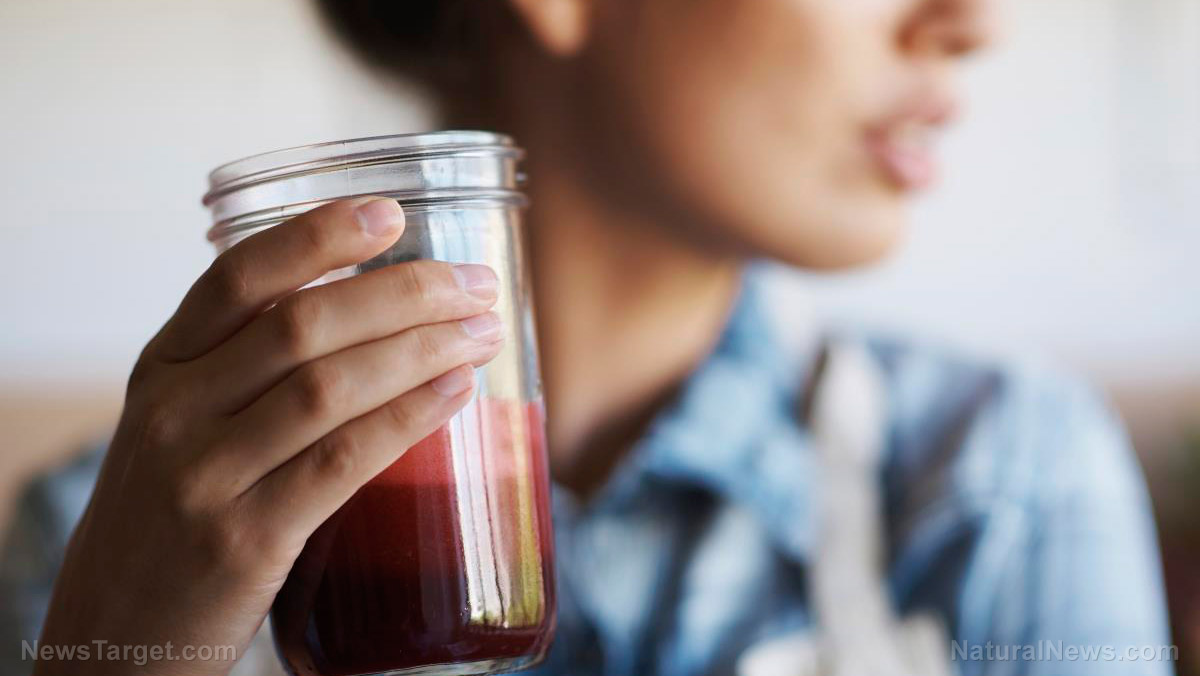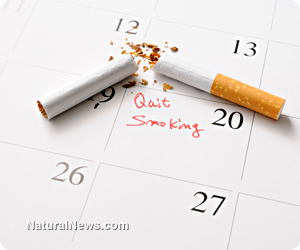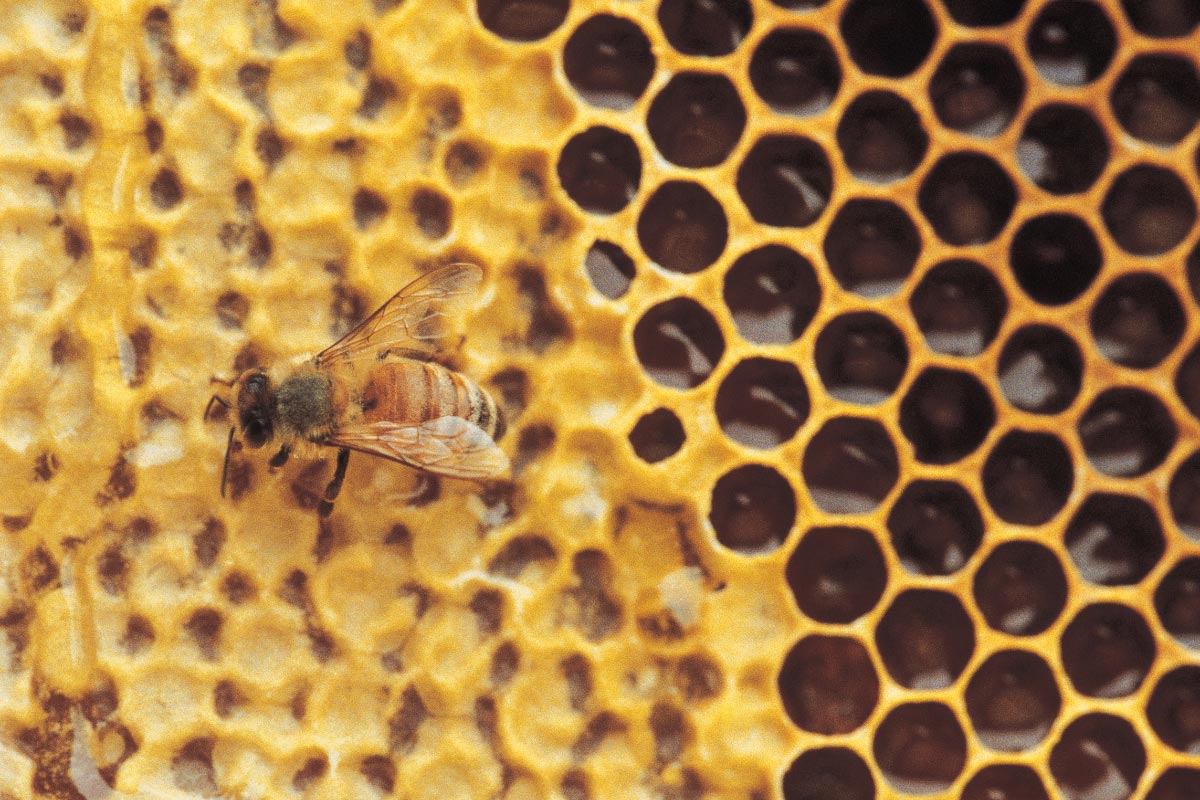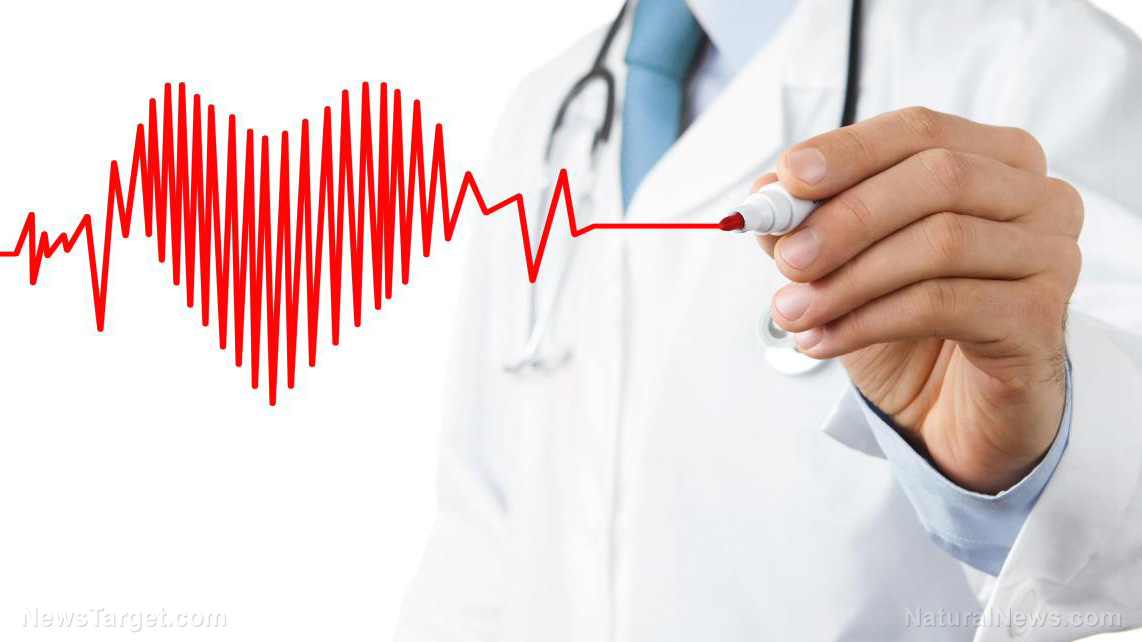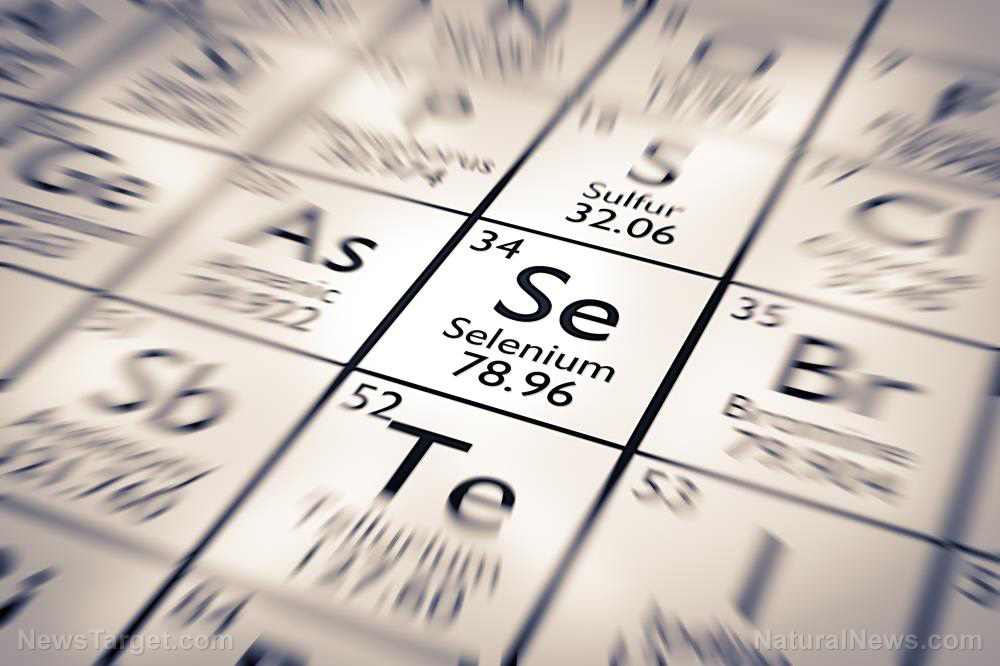Want to boost your zinc levels? Eat more of these nutrient-rich foods
07/27/2020 / By Zoey Sky

When you follow a balanced diet, you ensure that your body is getting all the essential vitamins and minerals it needs, such as zinc. Research suggests that being deficient in zinc leads to a lot of health problems, such as immune dysfunction and chronic kidney and liver disease.
To prevent zinc deficiency, incorporate foods rich in zinc into your diet, such as beans, hemp seeds and oysters.
Getting zinc from various superfoods also helps boost your immune system and improve digestion.
Why is zinc important?
Zinc is needed for various bodily functions, such as:
- Brain health – Studies suggest that zinc is necessary for cognitive function since the highest concentration of this nutrient is found in the brain. According to an article published in the International Journal of Molecular Sciences, changes in zinc balance in the brain are associated with Alzheimer’s disease, age-related cognitive decline and depression.
- Enzyme function – Zinc triggers certain chemical reactions in your body that help it use folic acid and produce new proteins and DNA.
- Eye health – Zinc can help prevent eye conditions like macular degeneration.
- Growth – Zinc plays a role in physical growth and development.
- Immune system function – Your body needs zinc to build T lymphocytes, which are specialized immune cells that fight infections and cancer.
- Wound healing – Zinc is essential for healthy skin and mucous membranes, which promote wound healing.
Note that your body doesn’t store zinc, so you need to get enough zinc from your diet. You can also boost your zinc intake by taking dietary supplements.
Best food sources of zinc
According to the National Institutes of Health (NIH), the recommended daily intake (RDI) of zinc is 11 milligrams (mg) for men aged 14 and older and nine mg for women. The RDI for pregnant women is also 11 mg, while lactating women need 12 mg of zinc.
To meet your daily zinc requirement, add these foods to your regular diet:
- Oysters, 3 ounces (oz) – provides 74 mg of zinc
- Alaska king crab, 3 oz – provides 6.5 mg of zinc
- Beef patty, 3 oz – provides 5.3 mg of zinc
- Fortified breakfast cereal, 3/4 cup serving – provides 3.8 mg of zinc
- Cooked lobster, 3 oz – provides 3.4 mg of zinc
- Baked beans, 1/2 cup serving – provides 2.9 mg of zinc
- Cooked pork chop loin, 3 oz – provides 2.9 mg of zinc
- Dark meat chicken, 3 oz –provides 2.4 mg of zinc
One serving of almonds, chickpeas, low-fat yogurt, milk or pumpkin seeds provides 1-2 mg of zinc.
Vegan and vegetarian sources of zinc
Vegans and vegetarians are prone to certain nutrient deficiencies, so they need to consume foods rich in calcium, iodine, iron, vitamin B12, vitamin D and zinc. (Related: Eating organic food and using supplements can prevent zinc and iron deficiencies.)
Vegan and vegetarian-friendly sources of zinc include:
However, people on a vegan or vegetarian diet don’t absorb zinc as effectively as people who eat animal products. This is because some of their diet staples, such as beans, grains, nuts and seeds, contain phytic acid, a compound that reduces the absorption of minerals.
According to a recent study, vegans and vegetarians must consume 50 percent more zinc than people who consume animal products to compensate for their poor absorption. So male vegans and vegetarians need to get at least 16.5 mg of zinc each day, while women on the same diets need about 12 mg of zinc daily.
Supplements can help vegans and vegetarians meet their daily nutritional requirements. However, zinc supplements should not be taken at the same time as calcium, copper, folic acid, iron or magnesium supplements, as these other nutrients may change how the body absorbs zinc.
Symptoms of zinc deficiency
The NIH warns that older adults don’t always reach the RDI for zinc, and zinc deficiency can cause symptoms like:
- Appetite loss
- Diarrhea
- Hair loss
- Impaired immune response
- Impaired sense of taste and smell
- Impotence
- Poor growth
On the other hand, excessive intake of zinc can cause zinc toxicity, although symptoms appear very rarely.
You may be suffering from zinc toxicity if you experience the following:
- Appetite loss
- Diarrhea
- Headaches
- Nausea
- Stomach cramps
- Vomiting
Boost your eye health and immune function by following a balanced diet and eating foods rich in zinc, such as oysters, crabs and oats, or taking zinc supplements.
Sources include:
Tagged Under: animal-based foods, brain health, eye health, immune system, minerals, nutrient deficiency, nutrients, proper nutrition, supplements, tips, vegan diet, vegetables, vegetarian diet, zinc, zinc deficiency
RECENT NEWS & ARTICLES
COPYRIGHT © 2017 SUPPLEMENTS REPORT


